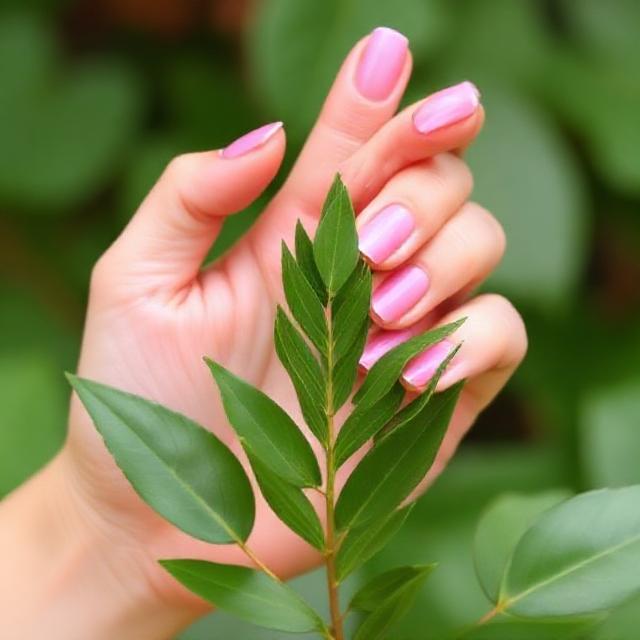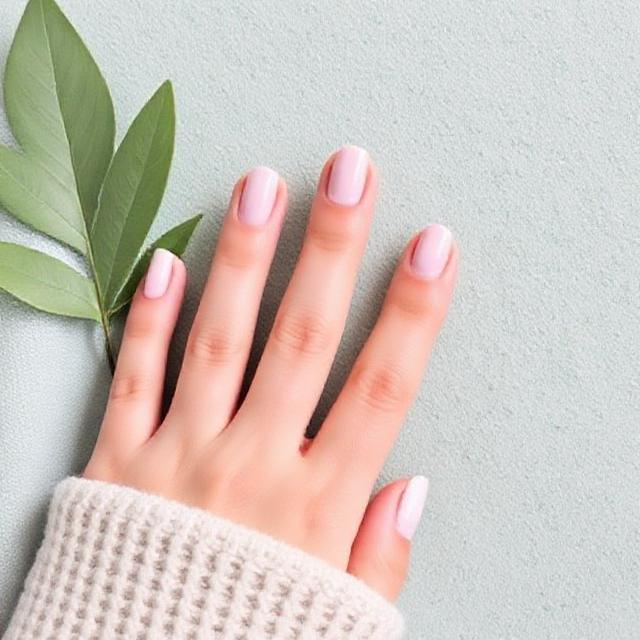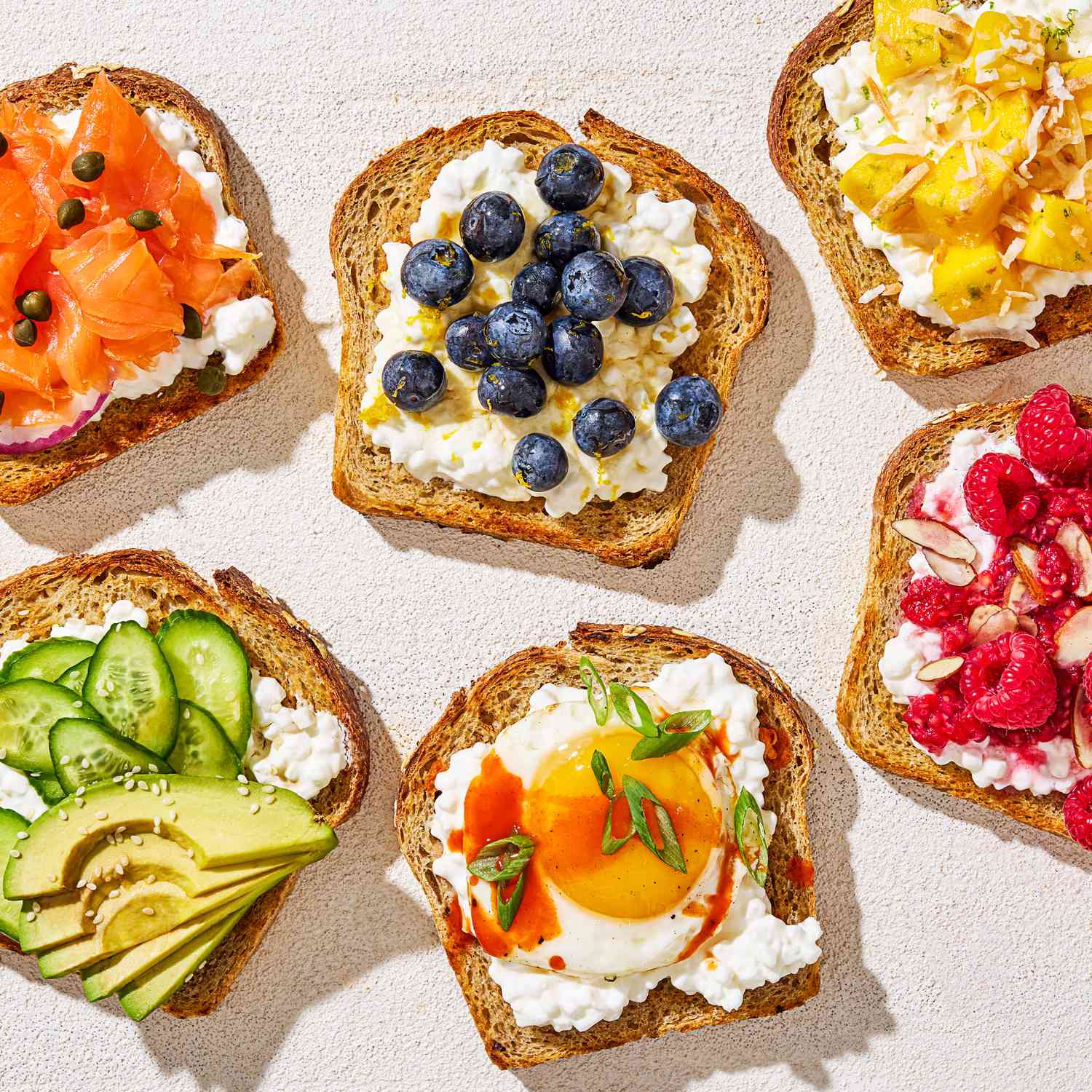Have you ever noticed how your nails can reveal a lot about your overall health? Whether they are
strong and smooth or weak and brittle, nails often reflect what is happening inside your body and how
well you care for yourself. Healthy nails are not just about looks. They are a small but visible sign of
hygiene, nutrition, and self-care.
Good nail care is not limited to salon manicures or fancy nail art. It is about the everyday habits that
keep your nails clean, protected, and naturally beautiful. Regularly paying attention to them can prevent
damage, reduce infection risk, and give your hands a neat, confident appearance.
What Your Nails Reveal About You
Your nails act like tiny mirrors of your internal health. When they start to chip, split, or lose their shine,
your body might be signaling that something needs attention. Brittle nails can be linked to dehydration,
nutrient deficiencies, or excessive exposure to water and harsh chemicals. Pale or discolored nails can
sometimes indicate low iron levels or circulation issues, while horizontal ridges may appear after illness
or extreme stress.
According to the American Academy of Dermatology (AAD), consistent nail care supports healthy nail
growth, reduces the risk of fungal infections, and keeps hands looking well-groomed. Just like skincare,
even simple daily attention makes a difference. Healthy nails are smoother, grow more evenly, and are
less likely to peel or split.
Daily Habits That Make a Difference
You do not need expensive treatments or complicated routines to maintain healthy nails. Small,
consistent steps are what truly help your nails stay strong and glossy over time.
- Moisturize Regularly
Nails need moisture as much as your skin does. Dry nails are prone to breaking or peeling, especially
after frequent washing or exposure to cleaning agents. Applying hand cream or cuticle oil daily helps
keep them flexible and prevents cracks.
Natural oils such as almond, jojoba, coconut, or argan oil create a protective layer that locks in
hydration. You can gently massage these oils into your cuticles and nail beds to improve blood
circulation and support nail growth. This simple step also makes your hands feel softer and healthier
overall.
Tip: Apply oil or cream after every hand wash or before bed for best results. Wearing light cotton gloves at night can boost absorption. - Trim and File Properly
Uneven or overgrown nails are more likely to chip or break. Keeping nails at a moderate length and filing them correctly prevents damage. Trim them straight across, then smooth the edges with a fine nail file, always moving in one direction rather than back and forth.
Avoid using metal tools aggressively under your nails, as this can cause tiny cracks and increase the risk of infections. If you visit a salon, make sure the tools are properly sterilized to prevent the transmission of bacteria or fungi.Regular trimming also helps prevent painful snagging and keeps your hands looking neat, especially if you work with your hands often. - Avoid Nail-Biting or Picking
Many people bite their nails without realizing it, especially when stressed or bored. This habit weakens the nail bed, making your fingers more prone to infection. The skin around your nails can also become sore or swollen.
To overcome this habit, keep your nails short and neat. Applying a bitter-tasting nail polish can
discourage biting. You can also identify triggers such as anxiety or restlessness.
And replace the habit with a stress ball, a fidget toy, or a deep-breathing technique. Over time, your
nails will regain their natural strength and smoothness once you stop biting them. - Give Your Nails a Break
Constant nail polish, gel manicures, or acrylics can make nails dry and fragile. While it is fun to
experiment with colors, it is equally important to let your nails breathe. Allow them a few polish-free
days each week so they can recover and absorb natural oils. When using nail polish remover, choose acetone-free formulas enriched with conditioning ingredients. Acetone can strip the nails of their natural moisture, leading to peeling and breakage.
You can also apply a clear strengthening coat or base coat to protect your nails from staining and
damage. Think of this as a shield that keeps them healthy beneath the polish.

Nutrition for Strong Nails
Healthy nails begin inside your body, just like your hair and skin. They need the right nutrients to stay
strong. The key nutrient for nails is biotin, a B-vitamin that supports keratin production. Keratin is the
protein that gives nails their hardness and smooth texture.
Other important nutrients include zinc, iron, vitamin E, omega-3 fatty acids, and protein. A diet lacking
these elements can cause nails to grow slowly, split easily, or become dull.
Try to add a variety of foods in your meals, such as:
- Eggs, nuts, lentils, and seeds for protein and biotin
- Leafy greens like spinach and kale for iron and folate
- Fish such as salmon or mackerel for omega-3 fatty acids
- Whole grains and beans for zinc and magnesium
According to Harvard Health, iron and protein deficiencies are common causes of brittle nails. Staying
hydrated also matters, as dehydration can make nails appear ridged or dry. Drinking enough water
throughout the day helps maintain natural moisture from within.
If your nails are weak despite good care, you can connect to a healthcare professional about
supplements such as biotin or collagen. However, it is always best to focus on a balanced diet first.
Hygiene and Protection Tips
In addition to grooming and nutrition, nail hygiene is essential for maintaining healthy hands. Wash your
hands regularly, but avoid soaking them in water for long periods. During household chores, wear gloves
to protect your nails from harsh detergents or chemicals.
Avoid using your nails to open packages or scratch surfaces, as this can easily cause cracks. Keep a small
nail file or clipper nearby for quick fixes instead.
Gently clean under your nails with a soft brush to prevent dirt buildup, but be careful not to overdo it, as
aggressive cleaning can damage the delicate skin there.
Consistency is Key
Caring for your nails does not have to be complicated or time-consuming. Clean them regularly, keep
them moisturized, trim them properly, and protect them from harsh conditions. Support their growth
with a nutrient-rich diet and proper hydration.
Healthy nails reflect a healthy lifestyle. When you care for them consistently, you will notice not only
stronger nails but also softer hands and improved confidence in your overall appearance.
Even a few minutes a day can make a visible difference. Nail care is more than a beauty routine. It is a
sign of mindfulness, hygiene, and self-respect. The effort you invest today will reward you with naturally
beautiful, healthy nails for years to come.
References
- American Academy of Dermatology (AAD): Nail Care Guide
- Harvard Health Publishing: Nutrition and Nail Health
The information provided on this blog is not intended to be medical advice and should not be relied upon as such.If you have any medical concerns, please consult with a qualified healthcare professional. We are not responsible for any harm or injury caused by reliance on the information provided.





